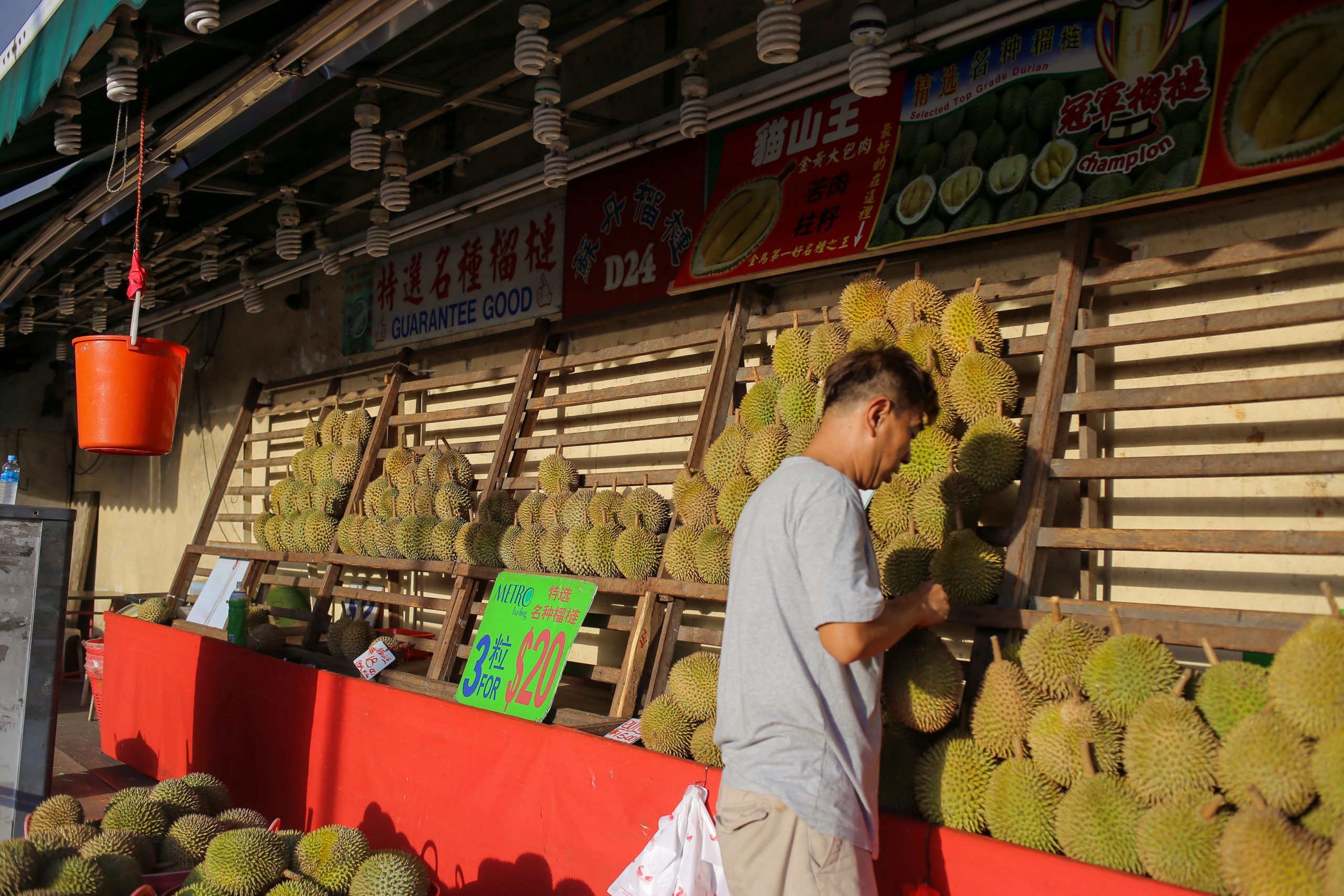Sensory Anthropology: Culture and Experience in Asia
June 21, 2023

Celebration of the Senses Day falls on 24th June. This celebration calls for everyone to appreciate the experience accorded to us through our five senses. In his book Sensory Anthropology: Culture and Experience in Asia (Cambridge University Press, 2023), Associate Professor Kelvin Low (NUS Sociology and Anthropology) makes the case that studying the senses seriously can uncover insights about sociocultural conditions and practices.
The basic premise of this approach is that ways of sensing—that is, the categories of senses (e.g., sight, smell, touch), what constitutes pleasant or unpleasant senses, and so on—are laden with socio-cultural values. In this way, every act of sense perception carries with it some socio-cultural value connotation.
As ways of sensing and making sense of perceptions can change over time, A/P Low investigates historical material, re-interpreting existing texts on Asia with a renewed emphasis on their sensory components. The book is also interdisciplinary, drawing insight and material from history, anthropology, sociology, and philosophy. By taking the senses seriously, the book analyses Asia (a hotly researched region in anthropology) in a new light, potentially uncovering new pathways for knowledge generation.
Singapore features prominently in some parts of his discussion on the senses in and of Asia. This is especially so when A/P Low advocates for the inclusion of the senses in food politics in Chapter 4, ‘Gastropolitical Encounters’. Of the four cases examined, three involve Singapore. Here, A/P Low argues that the sensory experiences that accompany food encounters can come to be politically significant in both local contestations and international diplomacy.
The first case examined is that of former United States ambassador to Singapore Kirk Wagar’s encounters with bak kut teh (pork rib soup) and durian. Both experiences were sensorily vivid to Wagar: positively for bak kut teh but less so for durian. A/P Low argues that encounters with food constitute important events where a foreign emissary can sensorily understand a culture different from their own as they make sense of the culinary experience.
Metaphors tied with the sensory dimensions of food can also be used by politicians in their contestations. Another case examines online exchanges involving food during the 2015 Singapore General Elections. Focusing on a series of social media posts and exchanges involving Workers’ Party (WP) Sylvia Lim and members of the People’s Action Party (PAP), A/P Low shows how metaphors relating to acts of consuming food as well as the sensations that accompany such acts can be mobilised to political effect.
The chapter ends with the case of ‘sambal diplomacy’ between the queen of Malaysia, Tunku Azizah Aminah Maimunah Iskandariah, and two generations of Singapore Prime Ministers, Lee Kuan Yew and Lee Hsien Loong. This account discusses how sambal from the queen of Malaysia is enjoyed by Singapore’s political leaders, contributing potentially to a strong sensory and emotional friendliness between the leaders of the two countries. The exchange of food in this case is argued to promote political intimacy and rich ties between neighbouring countries.
Read the book here: https://www.cambridge.org/core/books/sensory-anthropology/0D1FABC1E4D84970C78A1C0AB6ABD12E
